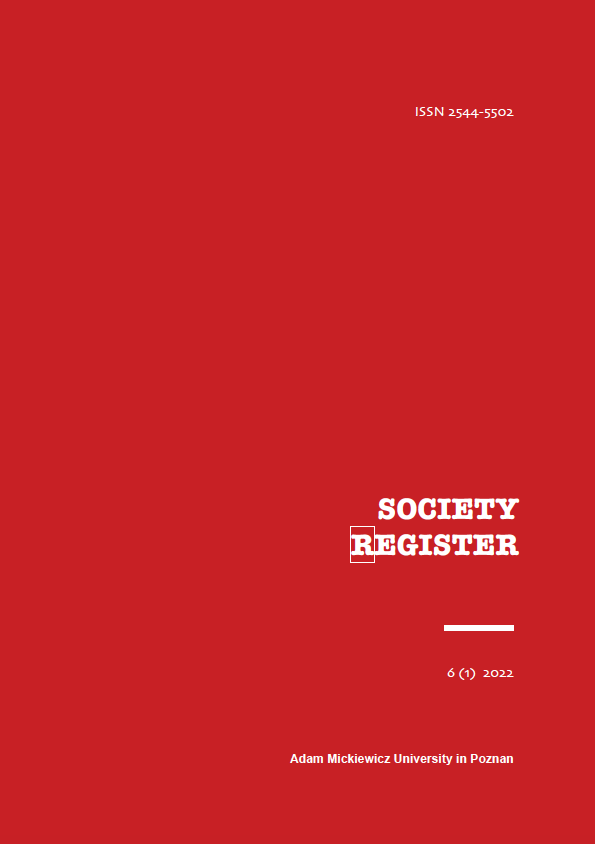Extremism in a classroom: topics discussed and Estonian teachers' experiences and self-reflective choices
Extremism in a classroom: topics discussed and Estonian teachers' experiences and self-reflective choices
Author(s): Heidi Maiberg, Alar KilpSubject(s): School education, Sociology of Education
Published by: Uniwersytet Adama Mickiewicza
Keywords: extremism; teaching; teachers’ beliefs; sensitive issues; self-censorship; radicalisation; preventing radicalisation; countering radicalisation; Estonia;
Summary/Abstract: Violent acts motivated by extreme interpretations of ideologies (right-wing, left-wing, religions, etc.) catch a lot of attention and cause serious deep emotions such as fear, hate, uncertainty, support polarization of society, and stigmatization of certain people, things, and societal groups. However, little attention has been given to how educators have addressed issues of violent radicalisation, extremism and terrorism with their students. According to Vallinkoski et al., 2021 as schools are one of the primary settings where most children spend their time, educators are needed to help children foster these (critical media reading and interpreting skills) skills to support students in understanding the reasons behind and aftermath of extremist events.This article gives overview of the results of a pilot study focusing on Estonian educators' experiences with discussing and tackling extremism in a classroom. The study examines educators' experiences in discussing topics related to extremism with students and colleagues and an overview of topics that students have raised. It also answers whether educators self-censorship themselves in discussing topics related to extremism and if so, what are the reasons for doing that. The study's questionnaire is created based on a similar study conducted in Finland by Vallinkoski, Koirikivi and Malkki (2021) with the permission of the authors and with adaptions for the Estonian context. The study results show that Estonian teachers discuss the extremism-related context in classroom by their and students' initiative. While doing it, they face difficulties in defining 'extremism', understanding how to interpret the students reactions and ideas, and when to contact further counterparts.
Journal: Society Register
- Issue Year: 6/2022
- Issue No: 1
- Page Range: 107-128
- Page Count: 22
- Language: English

